Report on Substance Misuse: Skills, Values, Ethics, and Practice
VerifiedAdded on 2021/04/16
|5
|750
|126
Report
AI Summary
This report provides a comprehensive overview of substance misuse, focusing on the roles, skills, and ethical considerations for practitioners in this field. It identifies the different types of practitioners involved, including social workers, nurse practitioners, mental health practitioners, and peer mentors, and outlines the specific skill sets they need, such as people skills, counseling skills, and specialist substance use knowledge. The report also emphasizes the values that underpin practice, such as social justice and professional integrity, and details the ethical practices that must be followed, including informed consent, client confidentiality, and access to evidence-based interventions. The author references several key studies to support the information presented. This report provides a valuable resource for understanding the complexities of substance misuse treatment and the essential elements for effective and ethical practice.
1 out of 5
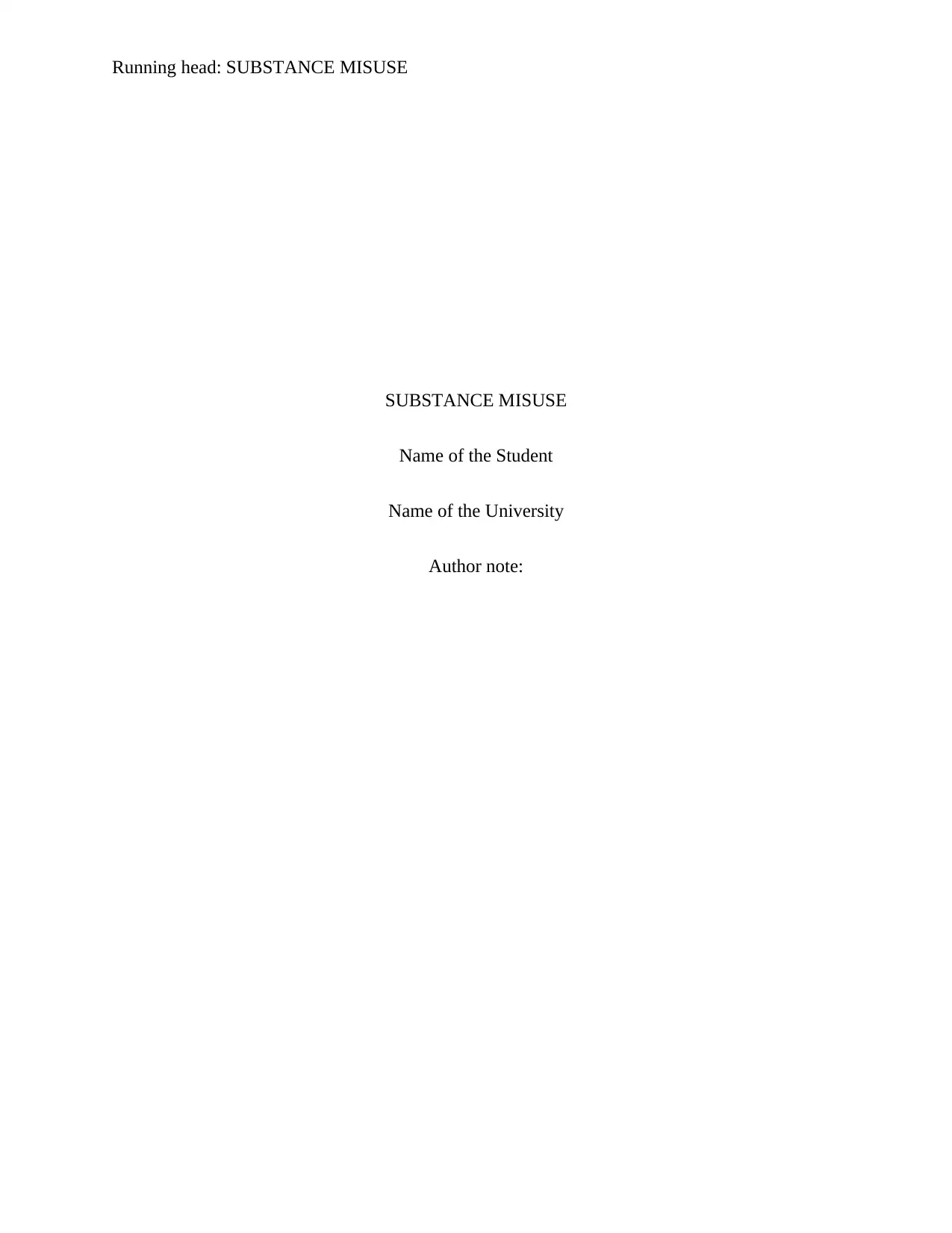
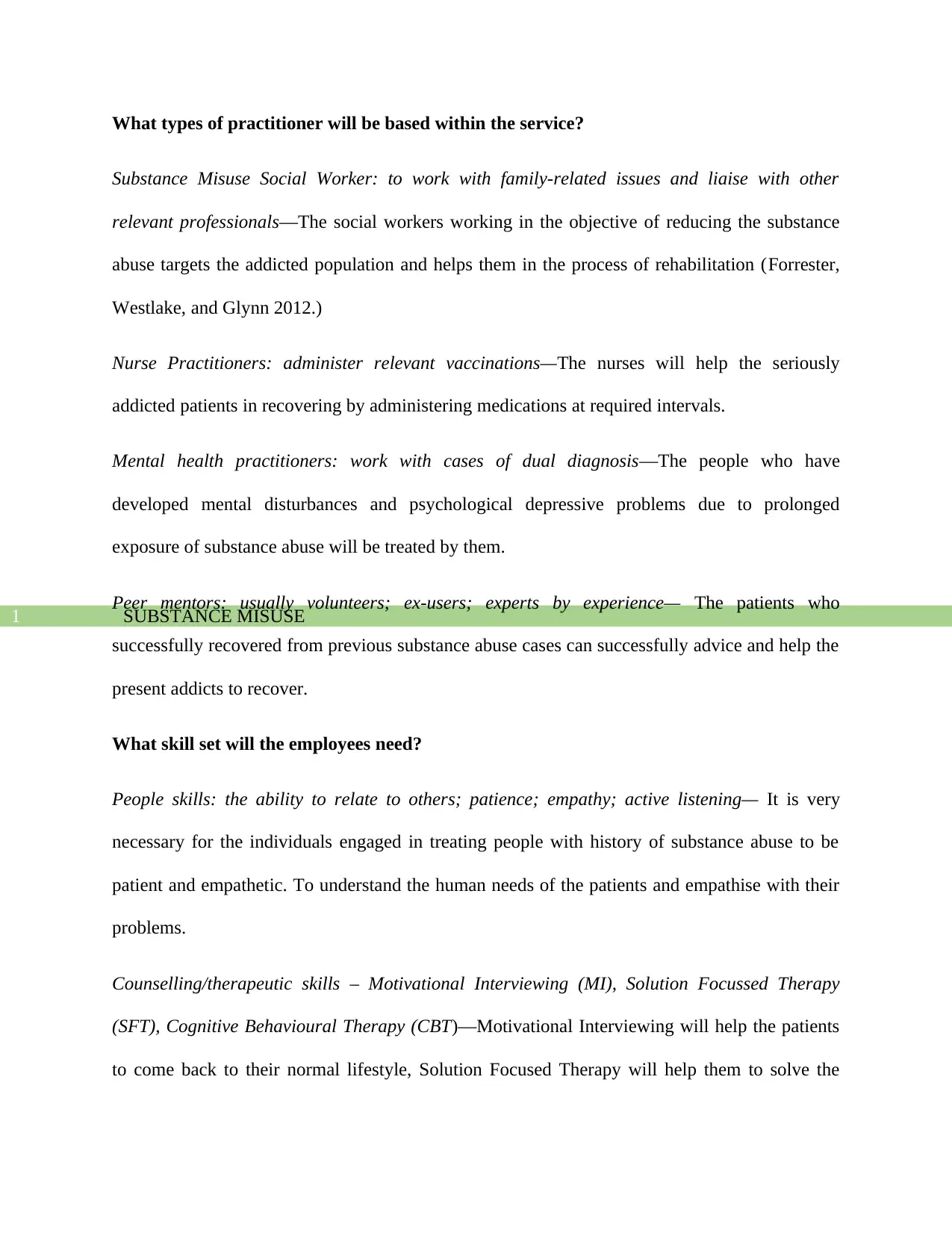
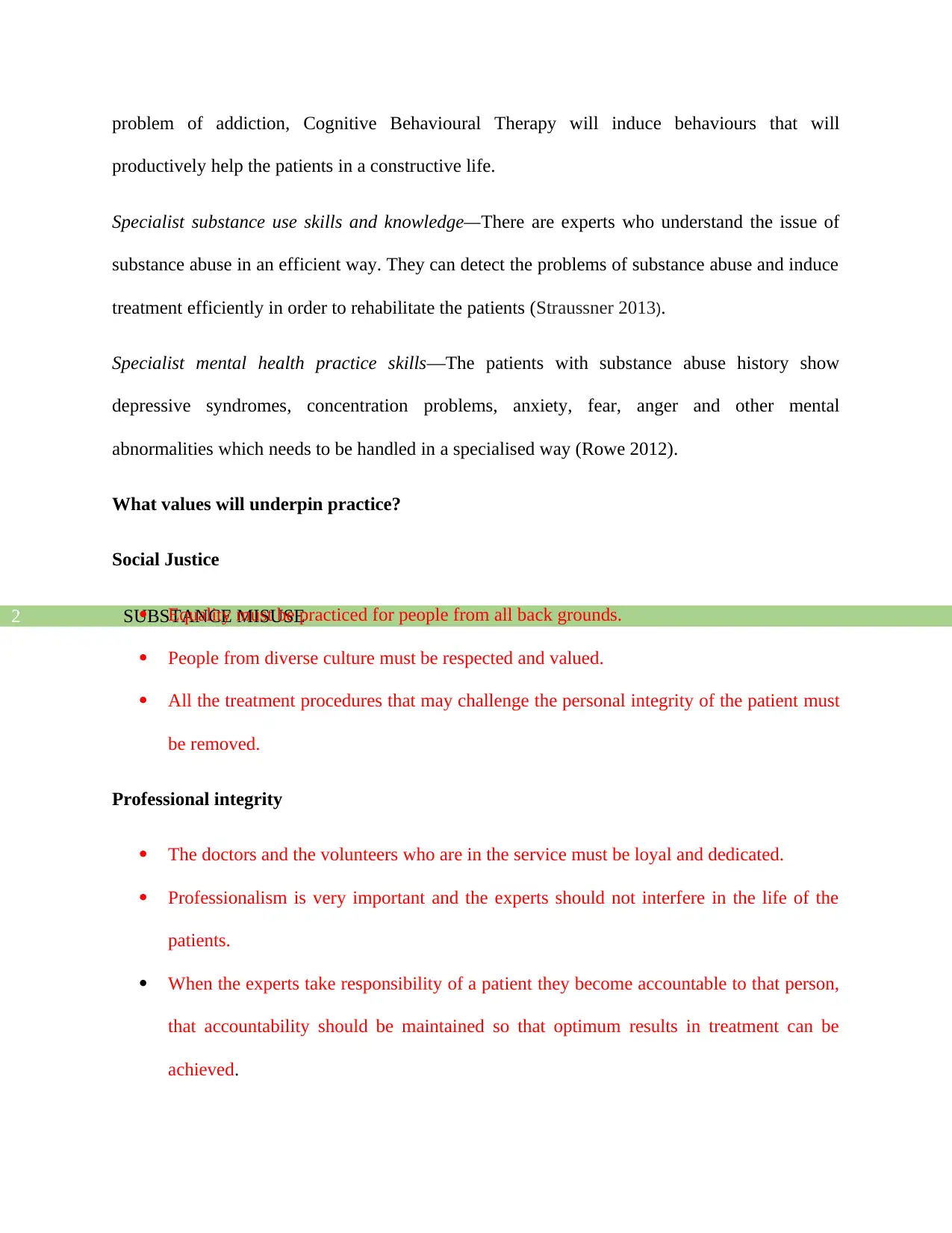

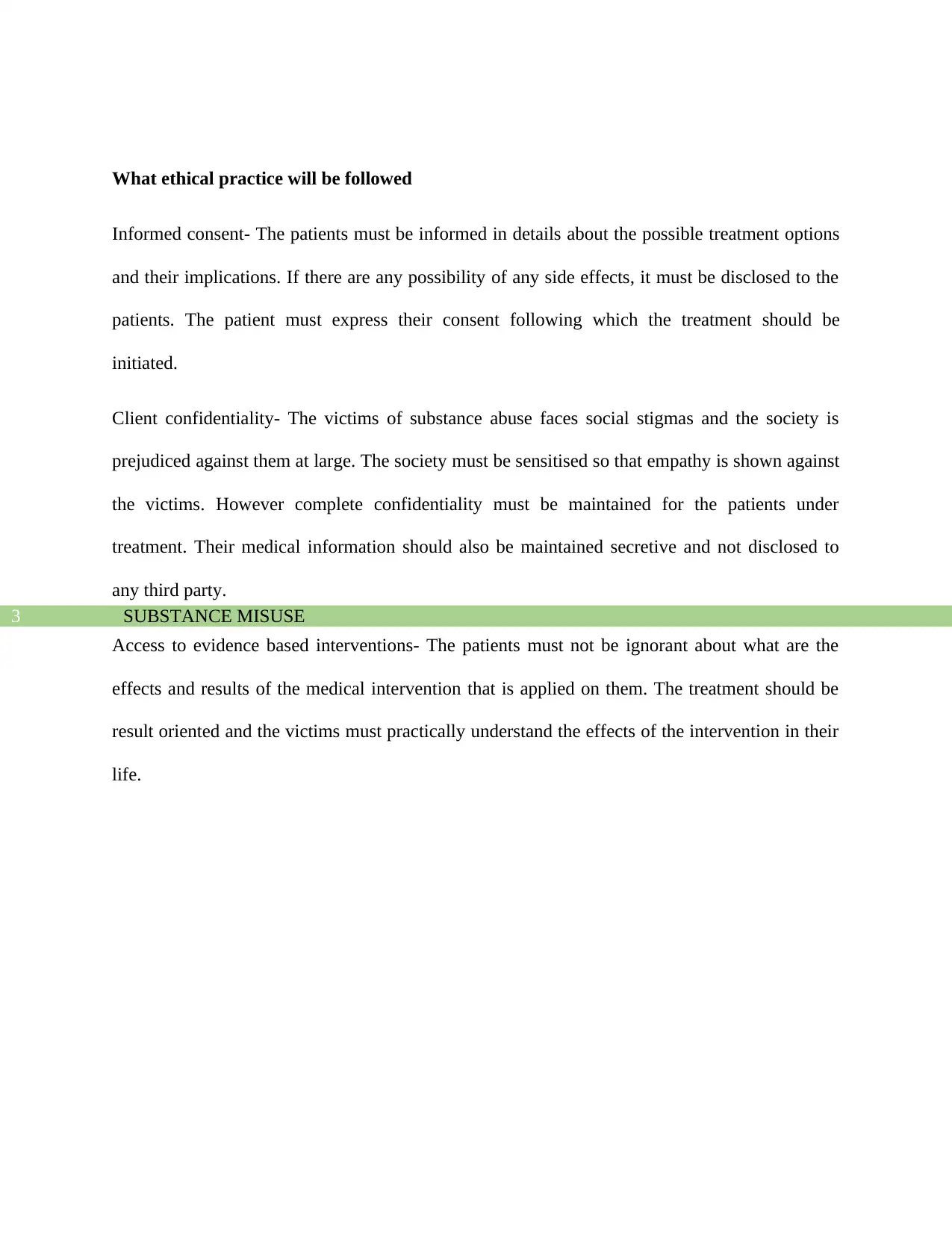
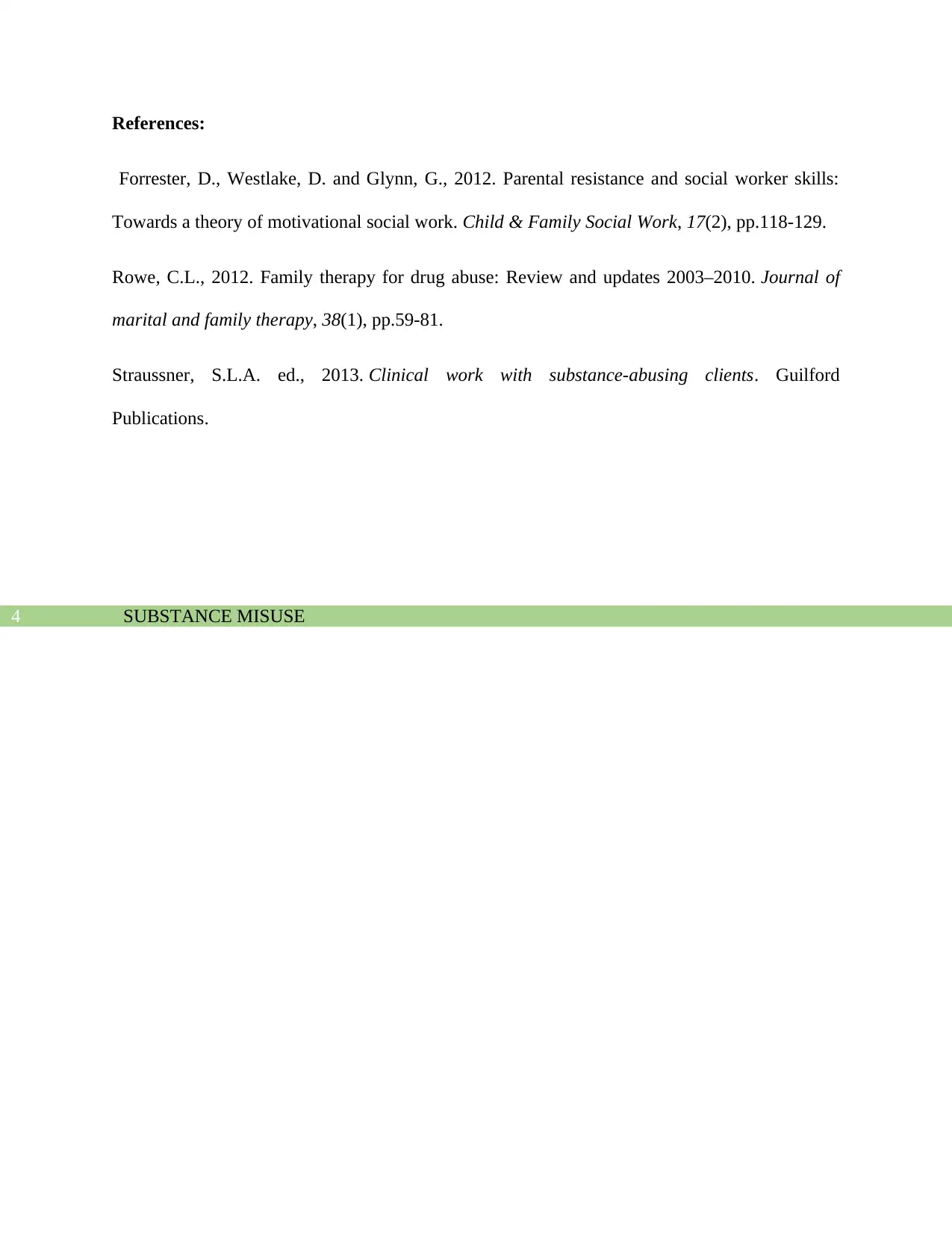






![[object Object]](/_next/static/media/star-bottom.7253800d.svg)